Farmer John Writes: Roundup and the Snap of the Shank
Spring Greetings
It’s time to offer an update on the farm.
The Season so Far
The season so far has been extremely cold, interspersed with 40 to 50 mile-an-hour gales of hot winds. We have a lot of crops in the ground, some plantings of which were delayed by the incessant frosts.
Will we start deliveries on the week of June 14th as planned? I’m not sure yet. I’ll determine that this coming week. For those of you who are 2021 shareholders, you will soon receive a notice of when we will start the season.
Is this an uncharacteristic season?
Every season is uncharacteristic.
Your CSA Share
We still have CSA shares available. Go to Receive Our Vegetables to learn more and to join our farm.
If you are signed up for a 2021 CSA share, you can log in to your membership account here to see your membership details. (Note: if you are signed up for home delivery, we will be in touch with you soon about your delivery day. We are currently planning our home delivery routes.)
Which Era Is This?
In some ways, Angelic Organics seems like a throwback to an earlier age. We rely heavily on hand labor, fix most of our own equipment, and do our own remodeling and building. This is not for sentimental reasons; it is not due to a yearning for an earlier or more authentic “golden” period of agriculture. It is simply a necessity for the kind of farming we do here. I will enumerate some of the recent hands-on projects on the farm that facilitate more efficient and more dynamic farming.
Carpentry Shop
We now have a heated carpentry shop. We achieved this by remodeling a storage shed into a facility for carpentry. Previously, our array of woodworking power tools, nails, and screws was housed in our repair shop for machinery. Now we have a designated space where we can work on woodworking projects.
Blacksmithery
We created a small, outdoor blacksmithery. We often need to bend, straighten, or flatten steel. Fifty years ago, I bought a broken railroad car coupler to eventually install as a giant anvil on the farm. A few weeks ago, I finally achieved this goal, along with embedding heavy-duty pallet forks in the concrete for additional bending and shaping of steel, and installing a tire changer. (Interesting to intend something 50 years earlier and then to finally achieve it.)
Water Diversion
Our greenhouse was improperly sited when it was built 25 years ago. It was located on a slight slope that allowed water to stream through the greenhouse when we received heavy rains. With well pipe embedded in concrete, we created two wings that now divert water away from the greenhouse. I headed up this concrete project, since there was no one else on the farm who had experience with it; my experience was limited to some rather crude cement projects I had supervised 25 or 30 years ago, plus helping to pour barnyard cement in my childhood.
The driver of the cement truck said, “It’s the best cement work I have ever seen amateurs do.” I think that was a compliment.
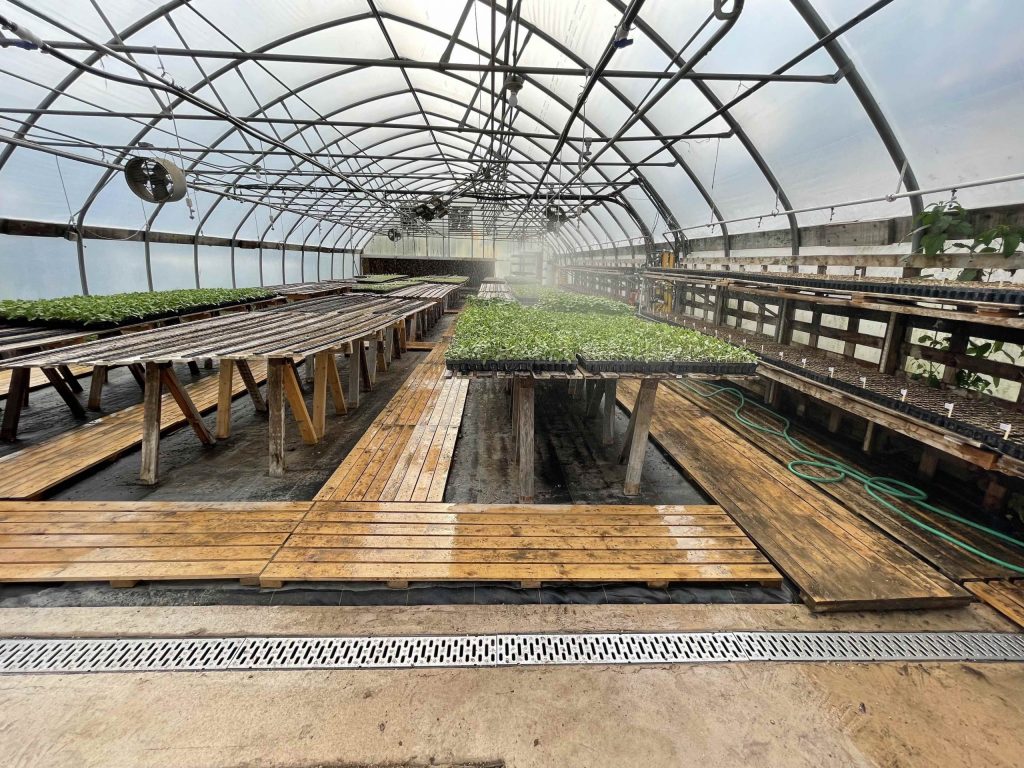
we even added a floor drain (notice aluminum grate in foreground) for water that gets past our diversionary water wings. Also, note our new irrigation system misting a bench of transplants
The Greenhouse Project
I wrote about our extensive greenhouse project in a Farm News winter update: The Thaw, My Sister and Your Share. It is now complete except for a couple of controllers that have yet to arrive. The overall aim of the greenhouse project was to make the greenhouse work less hands-on, via automatic watering, so that Nathan, the greenhouse manager, could apply himself in more strategic hands-on ways elsewhere on the farm. This has worked out very well to have Nathan’s expertise available to apply to other farm needs.
Earth
There is an earthliness to these projects above, a groundedness. Much of the population of the U.S. used to live according to these influences–with a deep connection to seasons, to earth, to matter, to the sequence by which a project would be completed. To go from no carpentry shop to a carpentry shop, from no blacksmithery to a blacksmithery, from a greenhouse that floods to one that does not—these are projects bound up in how the earth works, how materials behave, how one thing needs to follow another. (There was even a time when movies didn’t let you skip ahead. You just sat there and watched the whole movie.)
Most people in this country today can’t do the work needed to run this farm. Most people don’t know how to handle a hoe, a shovel, a rake, a harvest knife. What has been foregone that we now have a culture that for the most part does not lean into the work? Does this matter, other than that it makes it hard to get the work done here?
There is a lot of yearning today to save the planet, but in what way is the planet being engaged? Through graphs, charts, concepts? The earth is not a graph, a chart, or a concept. The earth is a living being that needs to be leaned into to be known.
The Snap of the Shank
In the 30’s my mother taught in a one-room school across the road from my farm (where my wife Haidy and I now live.) My neighbor, who had my mother for a teacher, said, “After school was out, she would run lickety-split down that quarter mile driveway to your farm so she could pick a load of corn before supper.” I imagined my mother snapping those corn shanks to separate the ears from the stalks—snap, toss…crack, toss…ears flying through the air, ears landing thunk in the wagon, thunk with an occasional rasp of the husk.
Today, a corn combine will harvest in a few seconds about what my mother harvested in an hour. That harvesting machine will not only harvest the ears, but also husk the ears and separate the kernels from the cobs. Did my mother gain something by hand harvesting the corn–feeling the snap and hearing the crack–that the operator of a combine will not? My mother was the first to forego tedious hand labor through technology in order to get more done. She was not sentimental about hard, repetitive hand work. Yet, I wonder how it informed her on a deep level, the rhythm, the smells, and the sounds. I wonder how it made her a citizen of the planet in a way that perhaps the operator of the combine does not experience.
Roundup
I understand why farmers use the herbicide Roundup, to make life easier, to make farming more productive and maybe more profitable. However, it has separated farmers more from the material engagement with the earth (besides the alleged health and environmental issues associated with Roundup. Check out Vital Soil Organisms Being Harmed by Pesticides.)
Does this separation matter? Does it have cultural consequences in how humans relate to the earth? Roundup turns most plants that are not gmo-designed into death, a deathscape. Often an ashen, gray pallor comes over the plants as they are dying. I don’t like weeds either. I don’t like paying the crew as much as $100,000 per year to kill our weeds in a more material way. But, my question is, besides the environmental differences between using chemicals or hoes to rid a crop of weeds, is there moral and cultural value in leaning into the hoe?
Of course, Roundup makes food cheaper, makes life easier for farmers and cheaper for consumers. Roundup and other agricultural technologies have liberated farmers from backbreaking work that allows them to…well…often to work more land and, as a consequence, to push fellow farmers off the land. In general, because there are not so many resources tied up in food production today, people are more free to read, make art, spend more time with their families, binge watch movies, have more opinions, dance, knit, draw, and tweet. But does it matter that these people are often not able to do physical work, that they can’t power a labor intensive farm such as ours?
Additions to Our Crew
This year, I am hiring nine workers from Mexico through the government’s H-2A Temporary Agricultural Program. These are people who have grown up doing hand labor from an early age. Many of them know well the rustle of the corn and the snap of the shank. They are mostly family and friends of one of my most stellar workers from Mexico and his wife.
A staggering amount of bureaucratic hurdles had to be navigated to make this program happen, but we persevered and finally received authorization to hire temporary workers from outside of the U.S.
While giving the new workers a tour of their temporary home on the farm, we stopped in front of the framed print above, which is hanging in their living room. I asked if they had ever harvested corn that way. One of them had done it with a horse and a wagon (or maybe it was a mule and a wagon—I wasn’t sure.) The others had no mule, horse or wagon to help; they said they harvested the corn into bags on their backs and carried it out of the fields.
The workers will be housed for free on the farm and will be paid up to ten times as much here as they would get paid for similar work in Mexico.
What’s it Take to Power a Farm?
Everyone who works at the farm needs to be stellar to keep the energy flowing, to keep the morale up and to get the work done. H-2A workers are legendary for getting the work done.
I am most excited that we will now be adding a stellar work force to our already existing team of stellar employees for this hands-on, labor intensive farm.
Plus, our friends who have arrived from below the border will receive enough compensation for their labor to make a big difference in their lives and their families’ lives back home.
Be assured that all of us at Angelic Organics will be leaning into the work this season–will be in full service to the earth–so that you may reap the life-giving benefits of fresh, organic food from a farm that you know.
Warmly,
Farmer John
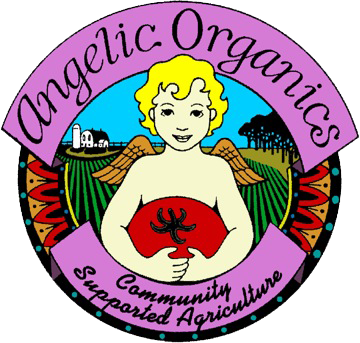
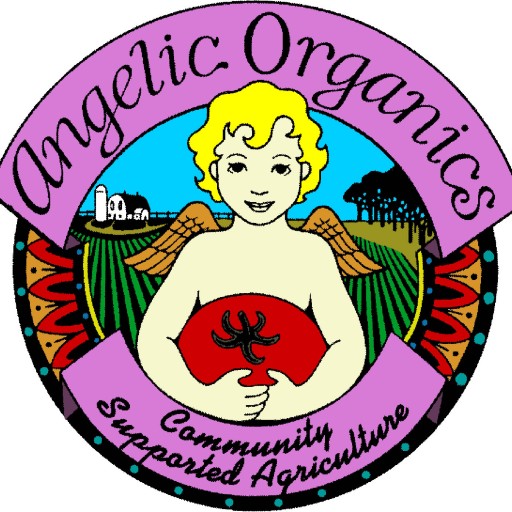
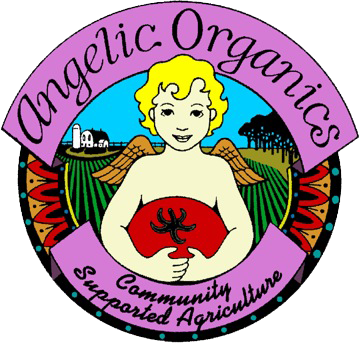
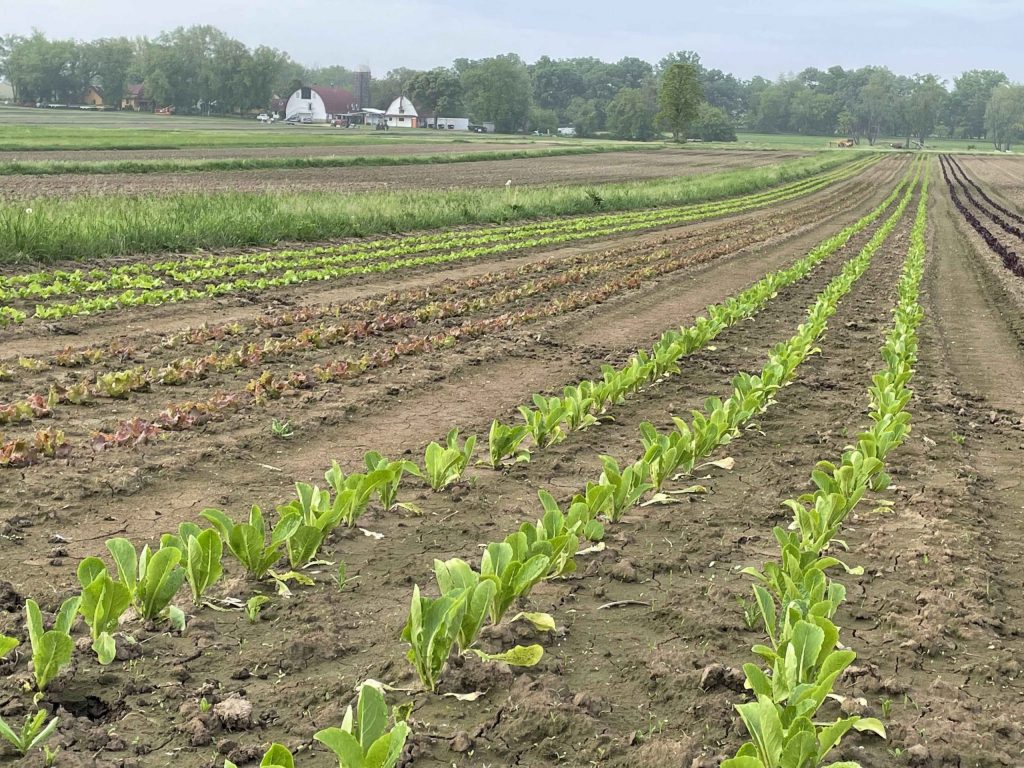
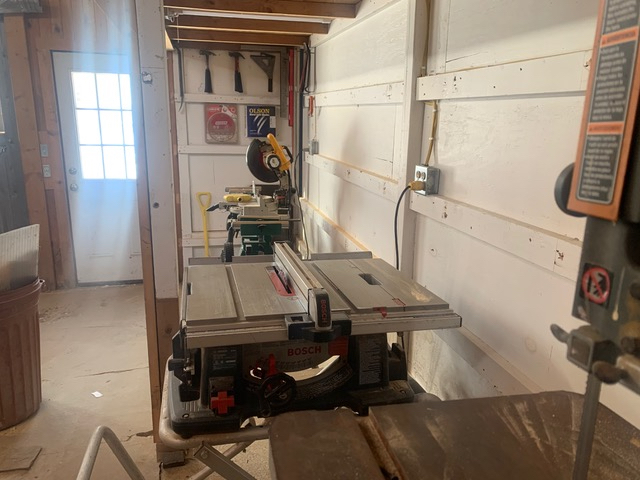
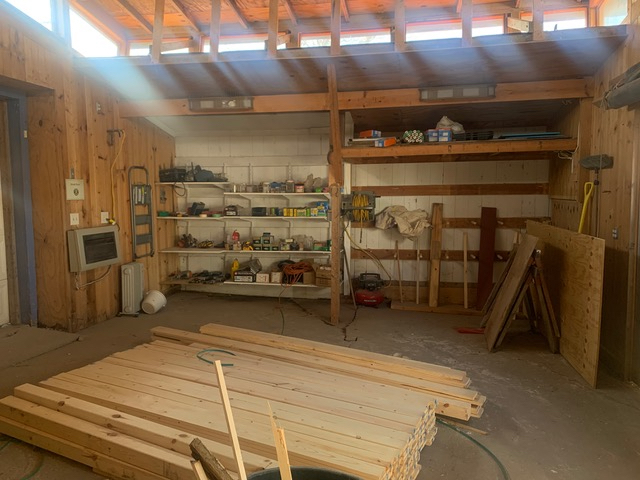
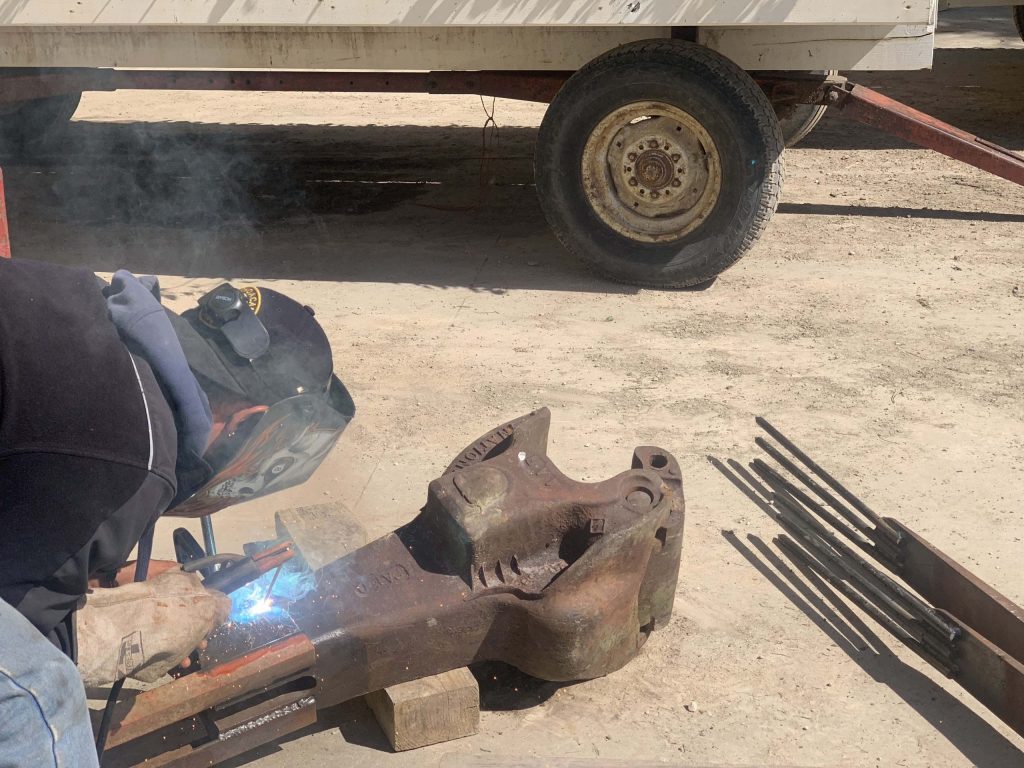
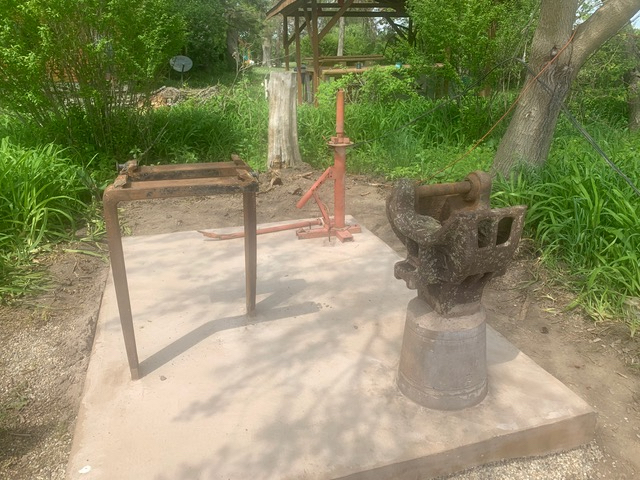
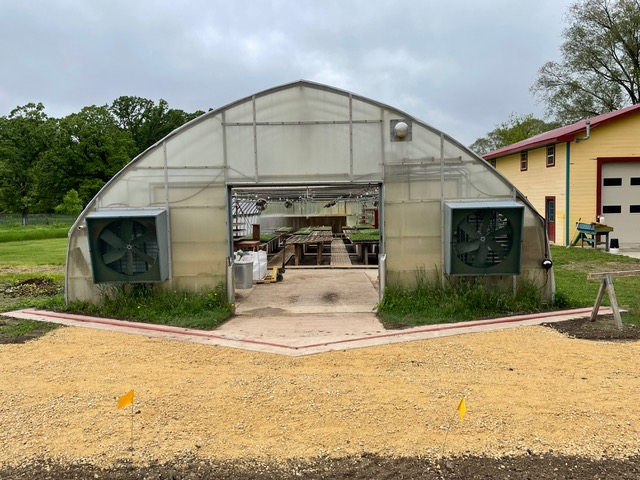
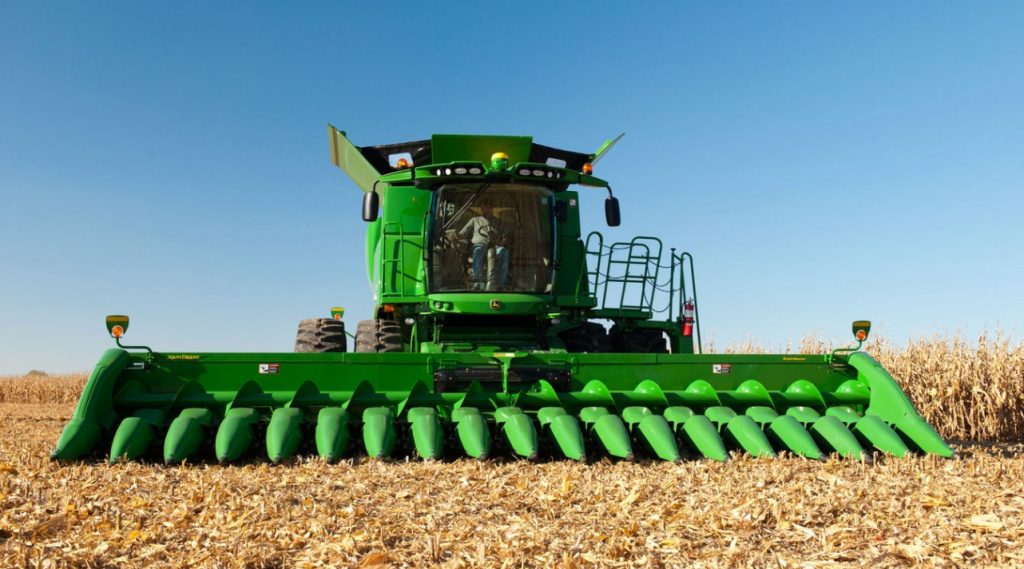
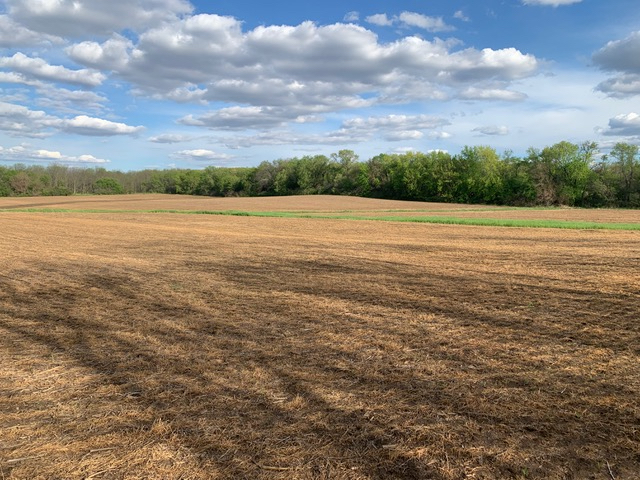
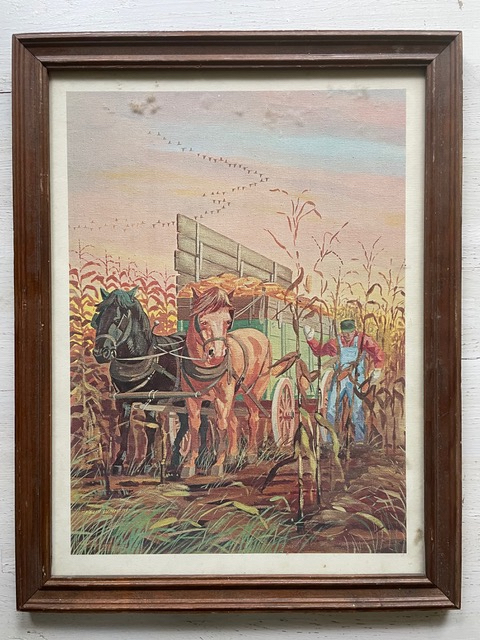


Thank you for this article. Your message is heart warming, uplifting, and reinforces my gratitude to you and your team. May the season be fruitful.
Lovely from you, Ruth. Thank you.
Thank you for this heart-felt and informative letter. I enjoyed seeing the pictures! I know this writing took much time, but it is much appreciated!
I always love your stories of life on the farm.You are a wonderful writer and have the gift of sharing your world so vividly with your readers.
We used to rent a farm in Wisconsin and as a city girl I learned so much about being connected to the earth and see all the work that goes into producing food. Thank you for your love and dedication and sharing it with us.
Thank you for your wonderful words. Great that you have some hands-on experience with a farm.
Thank you for the stellar view of the farm and the people who make it soar. We love and appreciate you all.
We love and appreciate you, too. When I read your words, I hear your voice.
You are most welcome, Regina. The letter decided for me that it wanted to be written. It kept saying “write me. Write me.” “Okay,” I said.
You are most welcome, Regina. The letter decided for me that it wanted to be written. It kept saying “write me. Write me.” “Okay,” I said.
My mother remembers her father walking behind the plow with a mule. By the time I came along mid-century my grandfather was retired but my uncle had the big green farming machines.
You asked if there’s a “moral and cultural value in leaning into the hoe?” I would say yes. I see the value just in the successes and failures in my little garden plot. It’s very revealing about one’s self when outside surrounded by the earth/nature, not surrounded by distractions and it’s up to me to get it done or figure it out.
Inspiring from you, Margaret. Self reliance is an ennobiling art, indeed.
Oh I forgot to add…your saving a coupler for 50 years tells me there’s a time for every thing…whereas in today’s world it’s all about NOW…the only value is now…but what a sense of satisfaction you must have in seeing an anvil exist where there was none before because of your understanding the rhythm of farm life….
It’s interesting to walk by the coupler these days–finally in service to the farm. I marvel at the sight.
Thank you for the article. I found it informative with such a positive message. Thanks to you and your team. We are looking forward to our fresh, organic vegetables. May the weather be agreeable.
We have a lot of nice crops in the fields, but the cold weather has slowed them down. Always a dance with the weather. Thank you for your thoughtful words.
My maternal grandmother, a widow, supported her family of five with a farm, mostly produce, but eggs (and worms for fishing ) too. I spent many weekends shelling beans and pecans, and having Sunday dinner at her table, fresh produce and fresh churned butter. The food was delicious, of course, but the good times we had on her porch and in the fields working, are what I remember most. I loved that farm, and I know you love yours too.
Thank you for sharing stories and the farm’s output with all of us. We look forward to every season; opening the box is like Christmas every week.
I hope Haidy is doing better. We think about coming to Rockford every year, and haven’t made it yet, but maybe this summer….
Lovely story from you about your childhood, Julia. Thank you for the good wishes for Haidy.
This will be our first year being part of the CSA share. Thank you for taking the time to write updates and share pictures from the farm, and thank you for protecting and keeping our land alive! Your hard work is appreciated.
You are wecome, Yvonne. Thank you for taking the time to read about your farm.
I understand your views on roundup. I just finished planting black walnut sprouts as memorial trees in some virgin soil that has not been tilled nor been exposed to roundup (due to being located between a railroad spur and main UP track). Good lord, what beautiful black loam and perfect soil structure.
Jeff, great to hear about your tree planting in virgin soil. Thank you.
Thank for sharing so much of your life’s work and connecting us better to our food, what it takes to produce, etc. I am grateful for what you are doing in every aspect — from how you grow food in a healthier way for us, our planet, the people working on the farm and everything else connected to it (what isn’t?). The food is far superior to what I can get from the grocery store and I appreciate the connection to something better than what is happening on the larger corporate scale with extractive/destructive food production.
Thank you for what you do and how you do it.
Your acknowledgments are much appreciated, Jeff.
Thank you for sharing this touching g story. I appreciate what you do even more!
You are welcome, Kate. Thank you for the acknowledgment.
The questions about the benefits of technology to free us from manual labor reminded me of a book I read in 1994. “The Absence of the Sacred” by Jerry Mander (yes that’s a real name). The thesis was that we need to be conscious of the vested interests of people who sell us technology and question what we lose in gaining the technology. Not so much about being a luddite but using technology to serve us rather than making us servants of it.
Thank you for this informative read! I am SO EXCITED about the share this year, and I’m delighted to read about all the work that goes into it. Your perspective on saving the earth by materially engaging with it (as opposed to using graphs and charts) is so interesting. Love it, and I can’t wait to come back to the farm for a visit 😀
Some want to save the earth with vertical farming–no soil, no rain. Some want to save it with graphs. My most recent edition of Farm News, “My Inner World,” addresses further my engagement with the earth. Thanks for being a shareholder.